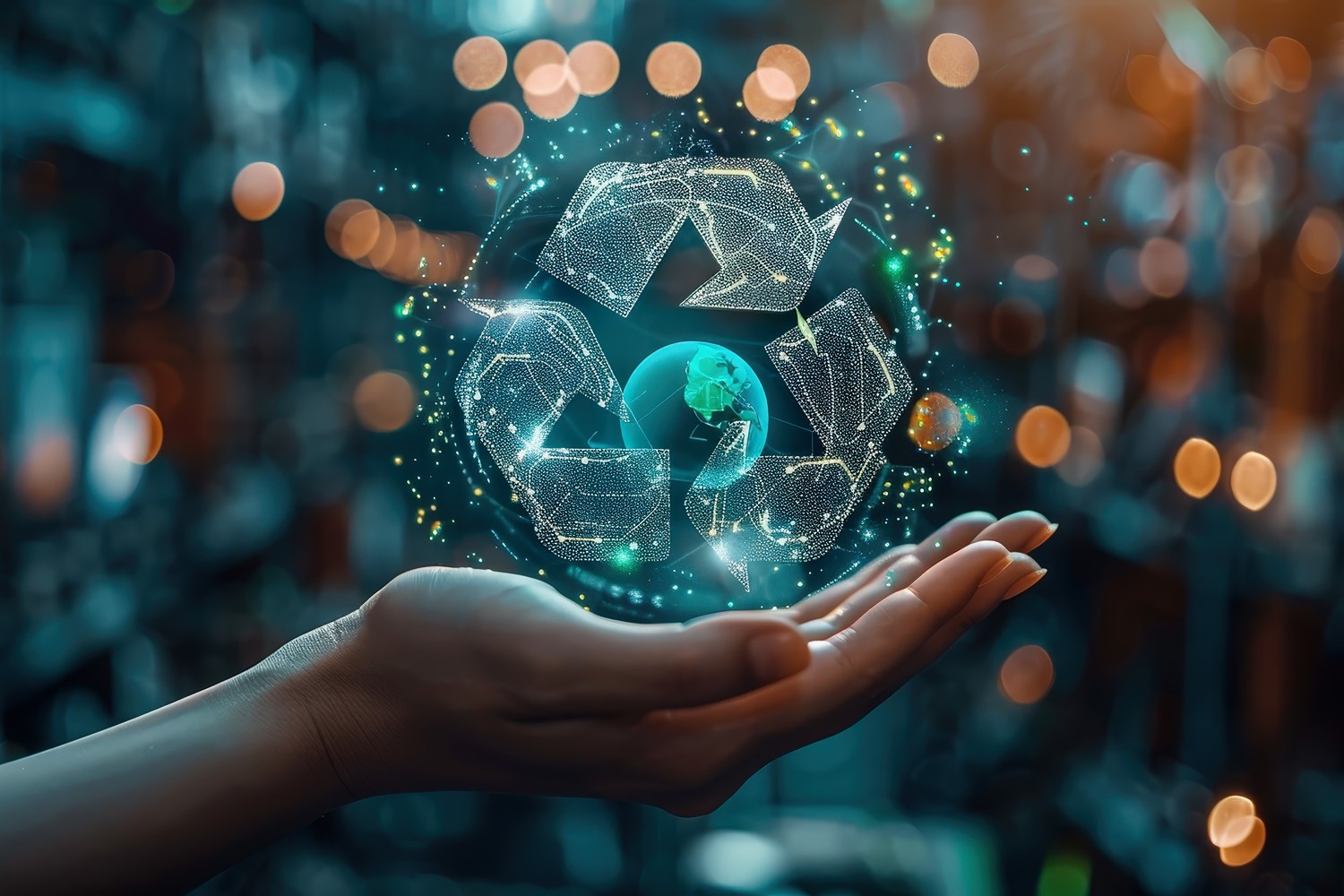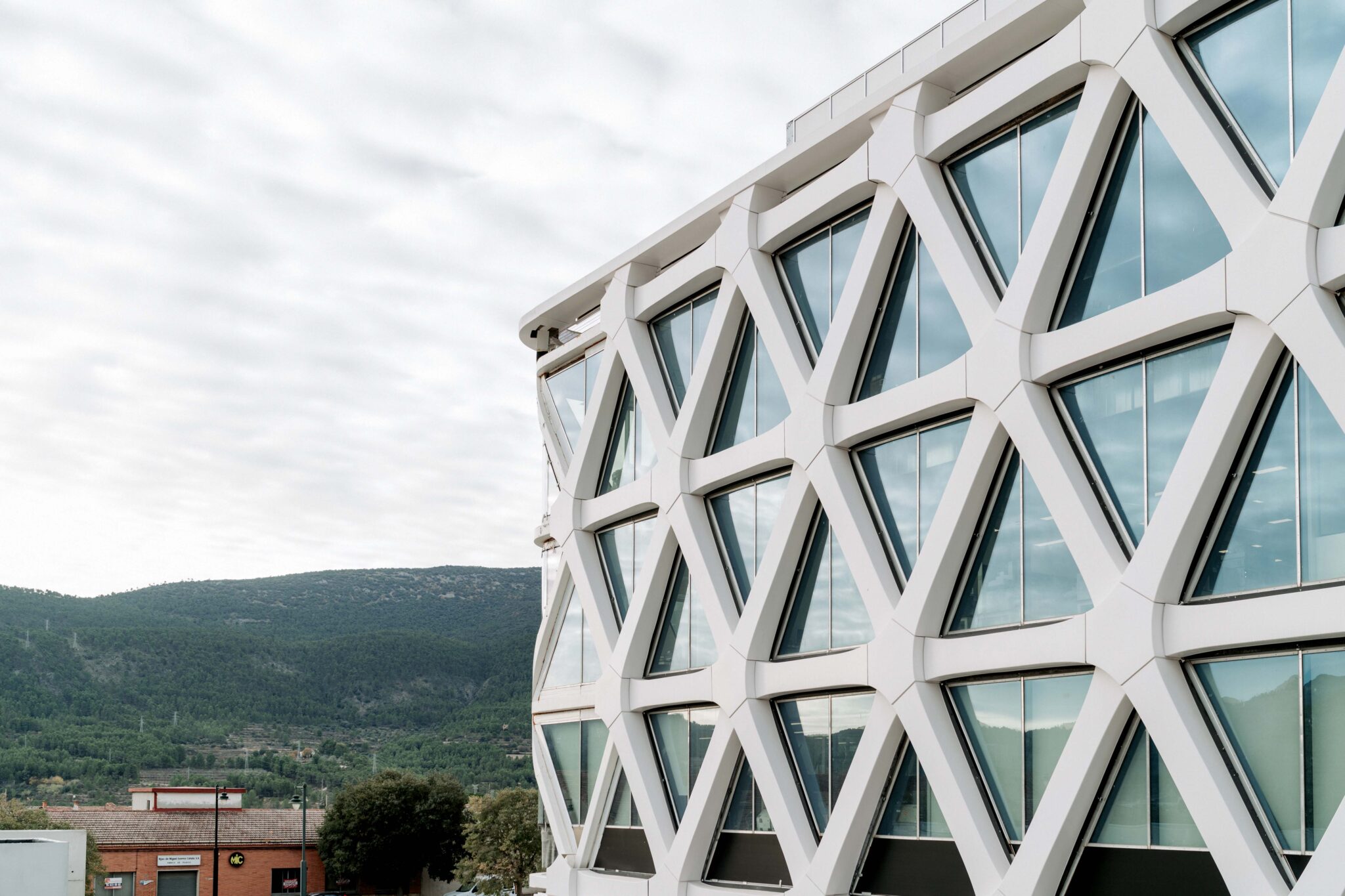
![]()
Circular economy and sustainability area
Environmental solutions
E-µplast
Motivations
The presence of microplastics (MPs) in the environment is an issue of enormous and growing concern because of their capacity to affect human health and ecosystems in general.
This is why the new E-µplast project aims to address the problem of textile MPs by applying innovative solutions throughout the production chain. Innovations that must be adapted to the casuistry of each manufacturer that will help the industry to increase its sustainability and competitiveness compared to other markets. This will enable manufacturers to set as a priority, the revaluation of its waste within the circular economy.


Objectives
The overall objective of the project is the revalorisation of industrial effluents to provide a more circular value chain model; with special emphasis on the study of the elimination of pollutants such as microplastics, polyphenols, bis(2-ethylhexyl) phthalate, etc.
In line with the broader objectives of the project, the following specific objectives have been defined:
- Removal of microplastics by anaerobic digestion and bioremediation
- Validation of commercially-available systems for capturing microplastics during the domestic washing process.
- Integrated water cycle management in industry.
Value and competitive advantage

-
Final vermicompost obtained is more mature and stabilized, with great potential as a biofertilizer.
-
Achieved an 80% removal of polyphenols in residual brine from food industry processes.
Results obtained

-
Feasibility of vermicomposting textile sludge at a pilot scale, verifying the non-toxicity of the sludge for the worms.
-
Fiber capture methods, such as the ball or filter, are feasible for polyester garments to prevent fiber discharge into water during domestic washing processes, as these are natural fibers that can degrade over time.
-
Brine water can be used in dyeing with natural dyes for mordanting fabrics without significantly altering the parameters of the colorfastness tests conducted with conventional mordanting.
Grant number: IMAMCA/2023/6
Programme: Plan of non-economic activities 2023
Period of execution: January 2023 – December 2023
Status: Finished
More information: PLAN OF ACTION
Entity: IVACE

This project is funded by the Conselleria d’Economia Sostenible, Sectors Productius, Comerç i Treball de la Generalitat Valenciana, through IVACE.

CONTACTE CON NOSOTROS
¿Quiere contactar con nosotros? Pinche en el botón y escríbanos.
ÁREAS DE I+D
NOTICIAS
SAVE THE DATE! AITEX will host the 19th Textile ETP Annual Conference next year, from 13 to 14 May 2024 in AITEX headquarters, in Alcoy Alicante.
AITEX has attended the Cosmetorium fair in Barcelona once again on October to present its new products for the cosmetic sector.
AITEX analyses the problem of PFAS substances in various industrial sectors and presents various innovations to mitigate their presence in products and processes.










